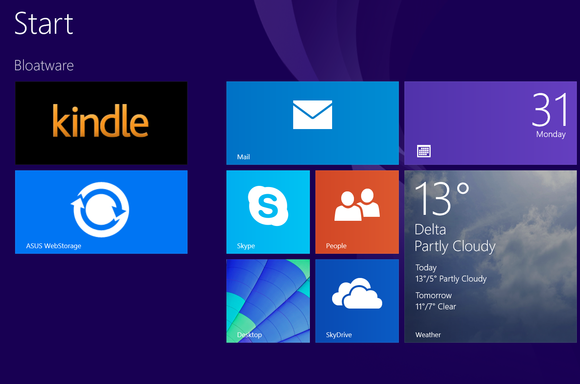Kevin McCoy, USA TODAY
 (Photo: Seth Wenig - AP)
(Photo: Seth Wenig - AP)
NEW YORK — The longtime secretary to Bernard Madoff should spend as little as eight years in prison for her conviction on charges of aiding the Ponzi scheme mastermind's massive fraud, her attorney argued Wednesday.
Annette Bongiorno, 65, faces a life term under federal sentencing guidelines, and 20 years behind bars under a Probation Department recommendation, attorney Roland Riopelle wrote in a 34-page sentencing memorandum.
But he argued that a "just" sentence would compel her to spend eight to 10 years in prison.
"A just sentence is one that strips Mrs. Bongiorno of every asset she owns, and that imposes a term of years that may well amount to the 'life' sentence recommended by the guidelines, given Mrs. Bongiorno's age, health and life expectancy," wrote Riopelle.
"However, we also argue that a just sentence should permit Mrs. Bongiorno a chance of release, given who she is, and the real nature of the role she played in the deplorable schemes at Madoff Securities," added the defense lawyer.
Bongiorno and four former co-workers argued in their long Manhattan federal court trial that they were duped by Madoff and didn't know he was running a scam that stole an estimated $20 billion from thousands of average investors, charities, celebrities, financial funds and other victims.
But a jury of eight women and three men convicted the five of fraud, conspiracy and other charges, convinced by prosecution evidence that showed the former co-workers knew about, participated in and profited from riches funded by the scheme.
Madoff is serving a 150-year prison term for the guilty plea he entered without standing trial after the scam collapsed in December 2008. As a result, the employees' trial was the first that resulted from the massive fraud.
Manhattan U.S. District Court Judge Laura Taylor Swain is scheduled to sentence the five late this month, after federal prosecutors submit their sentencing memorandum.
Lawyers for Daniel Bonventre, Madoff's former operations manager, were scheduled to file their sentencing recommendation later Wednesday.
Riopelle argued in his defense sentencing memo that Bongiorno was a "naive" high school graduate who "had very limited discretion in carrying out her duties at Madoff Securities."
"In fact, it is laughable to think that Mr. Madoff would let Mrs. Bongiorno control any significant aspect of his fraud, given her lack of sophistication, her tendency to make clerical errors and her occasional forgetfulness, which could lead to the fraud's detection," wrote Riopelle.
He also filed letters from friends and relatives who attested to Bongiorno's loyalty and generosity.
However, former co-worker Frank DiPascali, who pleaded guilty and became the prosecution's star witness at trial, testified that Bongiorno illegally helped backdate Madoff trading records to produce large profits for herself and others.
Prosecutors are pursuing forfeiture actions for most of Bongiorno's assets, including the $862,000 lakeside vacation home she and her husband, Rudy, bought in Boca Raton, Fla., and the nearly $1.4 million home the couple bought in a gated community near Long Island's north shore.
Federal marshals have already seized a gray Bentley auto the Bongiornos bought for approximately $180,000, plus two other luxury vehicles.






